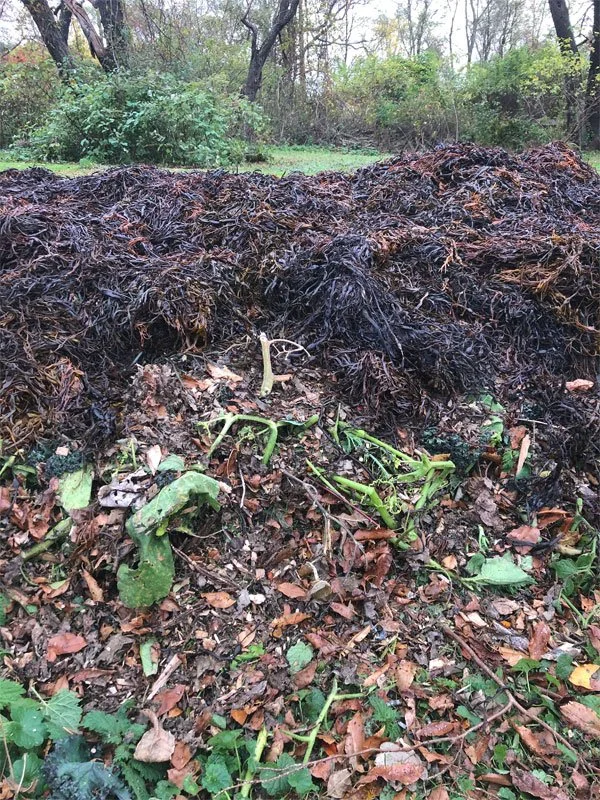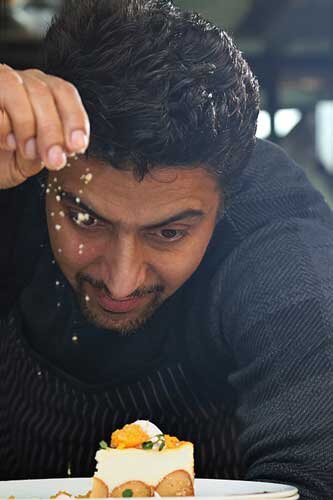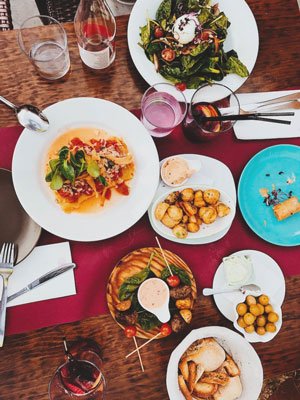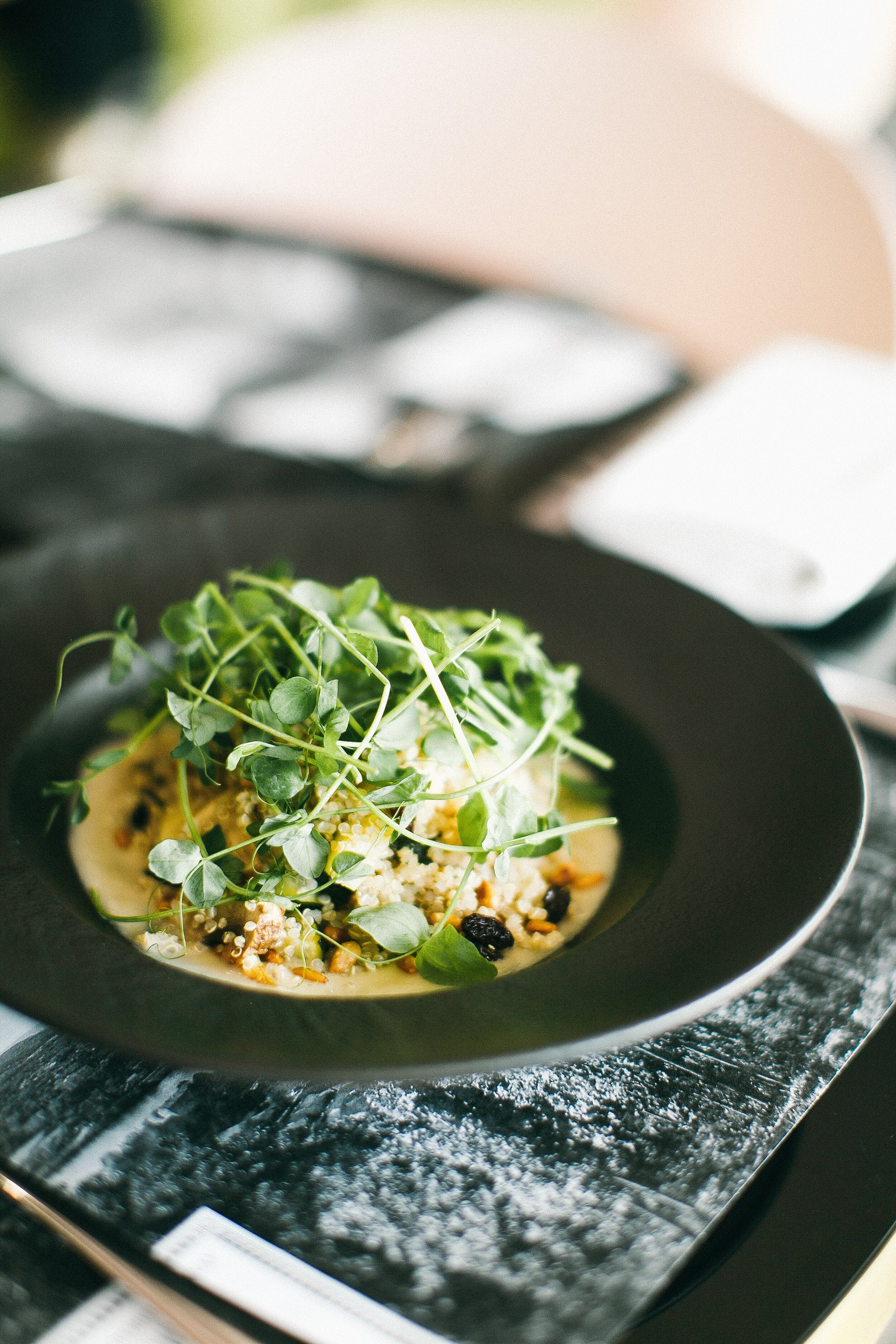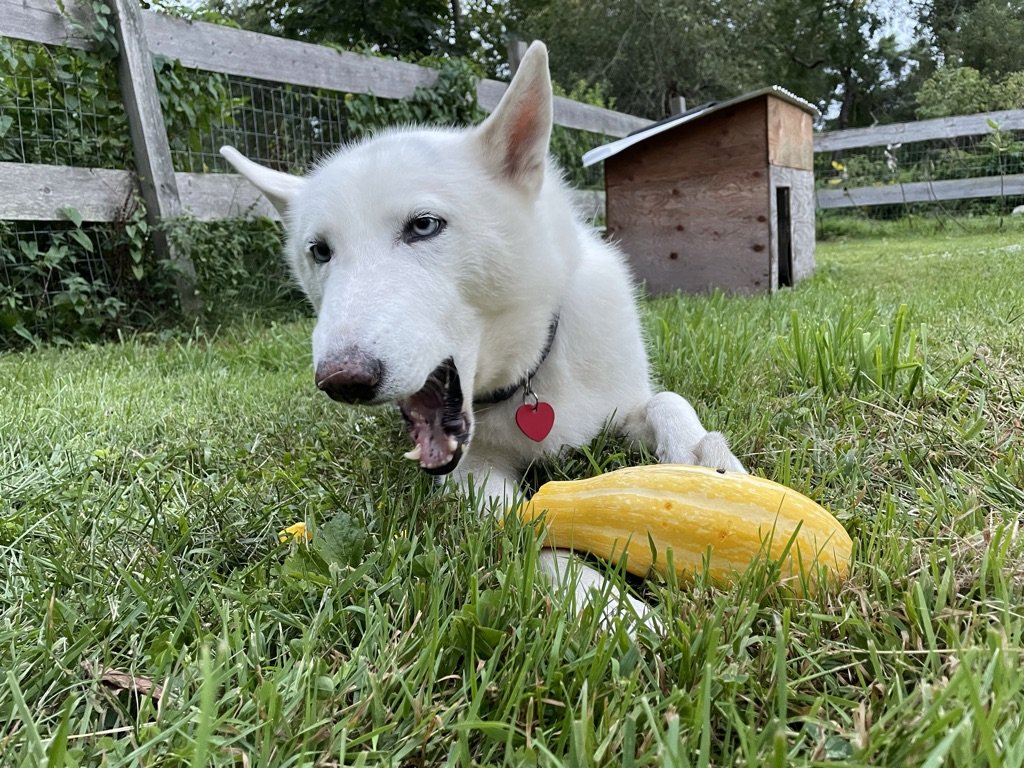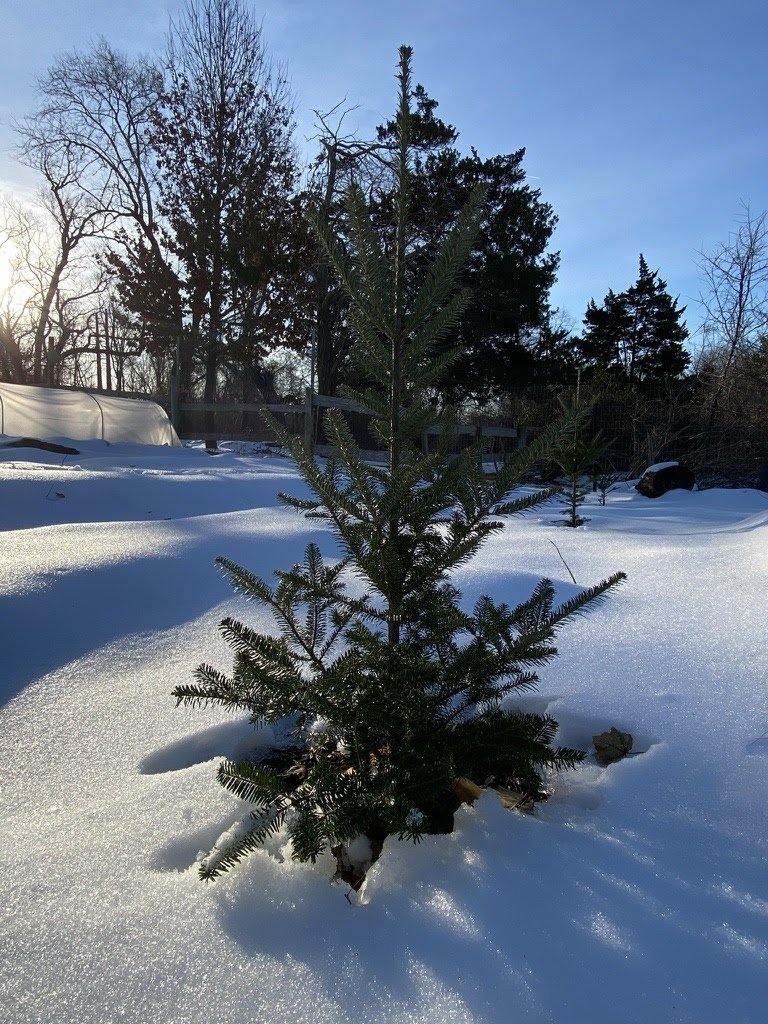
VALUES & PRINCIPLES
Stewardship for the land. Lean Farming. No-till & Carbon Sequestration. Our values and principles are unwavering at their core. Take a deep-dive on these topics and more in our farm journal.
OUR TOUCHSTONES
Soil Health: We recognize that healthy soils are the foundation of all farming. By promoting No-till farming, soil health, and eliminating synthetic fertilizers and pesticides, we create a healthier ecosystem for food crops, soil biology, and our surrounding environment.
Biodiversity: We recognize that a diverse ecosystem is more resilient and productive. This includes planting a variety of crops, providing habitat for pollinators and beneficial insects, and avoiding monoculture.
Local Food Systems: We work with our local food systems, recognizing the importance of supporting local economies, reducing environmental impacts of transportation, and providing fresh, healthy food to the community.
Animal Welfare: We provide our animals with organic feed and purified water, with daily access to pasture and outdoor space. We exclude all antibiotics and growth hormones, and treat animals with respect and care.
Community Engagement: We recognize that educating and involving the community in sustainable food production is crucial; including hosting educational events, CSA programs, and collaborative farming.
FOOD PRODUCTION
No-till farming is a conservation agriculture method that involves planting crops without disrupting the soil through tillage. Instead, the soil is left undisturbed and seeds are sown or starter plants placed into the untilled soil. This method of farming is gaining popularity among small organic farms because it promotes soil health and minimizes soil erosion.
One of the main benefits of no-till farming is that it reduces the need for synthetic fertilizers and pesticides. By leaving the soil undisturbed, the natural ecosystem of the soil is maintained, which leads to healthier plants and a more sustainable farming system. Additionally, no-till farming reduces soil erosion and increases soil organic matter, which enhances soil fertility and water-holding capacity.
“Probiotic Farming” is another method gaining popularity among small organic farms. This involves adding beneficial microorganisms to the soil to improve soil health and crop yields. Probiotic farming involves the use of compost, compost tea, and other organic fertilizers to promote the growth of beneficial microorganisms.
LAND STEWARDSHIP
Protecting Habitat. Small farms play an important role in preserving habitat for native species, wildlife, and protecting waterways.
Planting native vegetation: Native vegetation provides food and shelter for native species. Native plants have evolved with the local wildlife and are better adapted to the local environment, which can help support a healthy ecosystem. Native plants prevent soil erosion and improve soil quality, which can help protect nearby waterways.
Sustainable practices: Using sustainable agriculture practices we reduce the impact of farming on the environment, avoiding the use of synthetic pesticides and fertilizers, trading invasive for native plants and grasses, and enhancing the soil rather than depleting it.
Creating wildlife corridors: Our farm design includes a wildlife perimeter, an undeveloped swath of habitat connected with native vegetation. This helps native species move between different habitats, maintaining genetic diversity and supporting healthy populations. Additionally, creating wildlife corridors can help protect waterways by reducing soil erosion and filtering out pollutants.
GROWN FOR THE PEOPLE OF AQUIDNECK ISLAND
Get in Touch
We’re happy to field any questions you might have. Request samples using the form below as well.


